“Focussing on studying theory for exams is like playing cricket to prepare for a soccer match!”
This is a statement I make to most of my students when I discuss how to prepare for exams. Yes, the theory of your subject is important, however, making summaries, highlighting notes and texts don’t tell you HOW to use the information in different questions.
As you progress to higher levels within your studies, the volume of work you need to get through increases dramatically! Not only that, but the way in which you’re expected to use the theory changes as well. Simply remembering the details will no longer be enough to pass. This means you need to change the way you study! I’ve often proven this to my students by allowing them to keep their books and notes open while they do class questions… and they still battle with the questions… because the detail of the theory doesn’t teach you when and how to use it!
Students battle to fit in all the theory studying and then do all the relevant questions, and when time is limited, I find students limiting the time they spend on doing questions, since they do them under time pressure, in the time allocated. However, they don’t limit the time they spend studying theory in the same way! Rather limit the time you spend on theory, by allocating half an hour to the relevant theory for a question you’ve just done.
Problem solving
Your exam will consist of a ‘problem’ that you need to solve, using the knowledge and guidelines you’ve studied (ie: the theory), be that Tax sections, Fin Acc calculations or journals, Man Acc formulae or Auditing knowledge. Every case study will be different from the last one, and will thus require you to use the information in a different way. If you haven’t taught your brain how to ‘solve the problem’ of using the theory or knowledge in a new way, you’re going to battle in exams! Don’t let your brain experience that discomfort for the first time when it counts the most (ie: the exam!).
Swap the focus around. Focus on doing questions, and use the questions you’ve done to highlight the theory that you need to fix up. Even if you get zero for a question, it indicates EXACTLY what you need to learn, and more importantly, HOW you need to learn it in order for it to be practical knowledge you can apply in an exam.
Be careful about swapping this around! Don’t look at a question, assess the theory you’ll need for the question… study the theory, then do the question. This is equally dangerous, because you’re training your brain to solve problems by going back to theory before you answer your question. You are not forcing it to come up with a solution. In an exam, your brain will revert back to the habit you’ve taught it… and will wait for you to input the theory it needs before doing the question… except… there is no theory… there is no help… your brain is on it’s own!
“But I don’t know the theory!”
“If you knew how little I knew… you’d tell me to study theory!”
These are two statements I hear from students ALL THE TIME as they approach the exams! Trust me… I know that you don’t know the theory in the way or at the level that would make you feel comfortable! After years of lecturing, I’m under no illusion as to how much students do or don’t know! And yet… I’m still telling you to study the theory through the questions! Especially at this time of year, with exams so close.
YES! THAT APPLIES TO YOU!!!
Use the questions you do to indicate what theory you need to study. This will build the habit of problem-solving for your brain, as well as ensure that you study the theory in a way that will help you use it in questions.
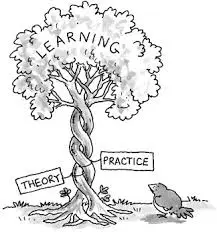
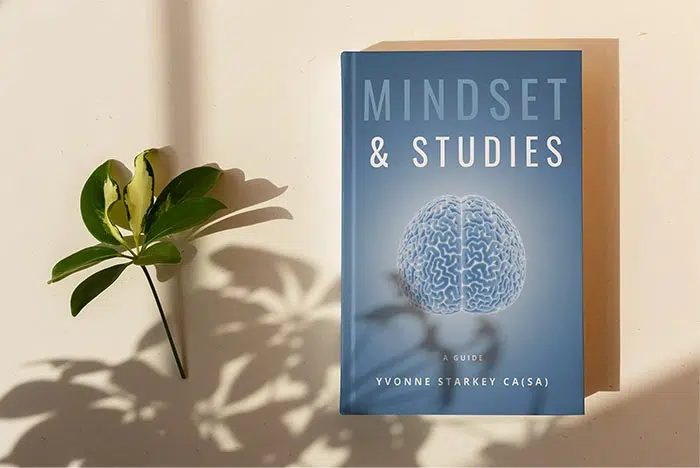


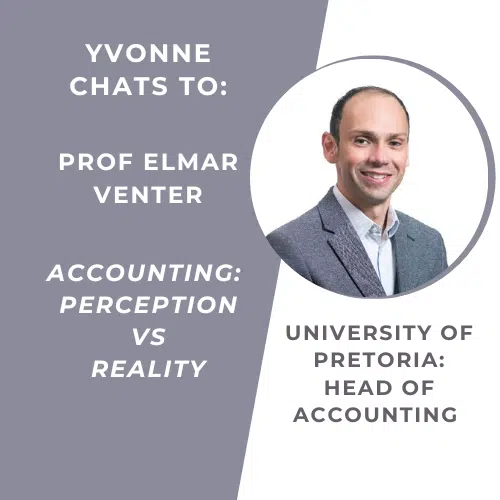

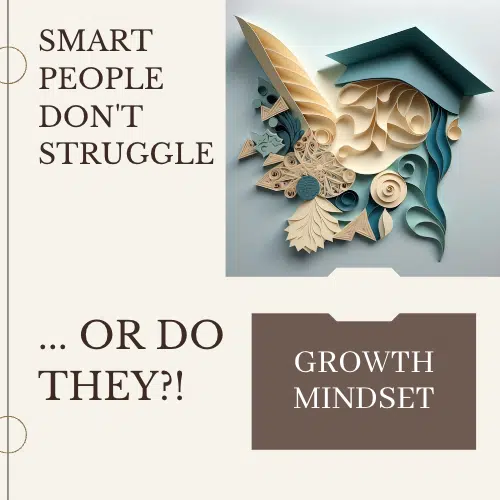
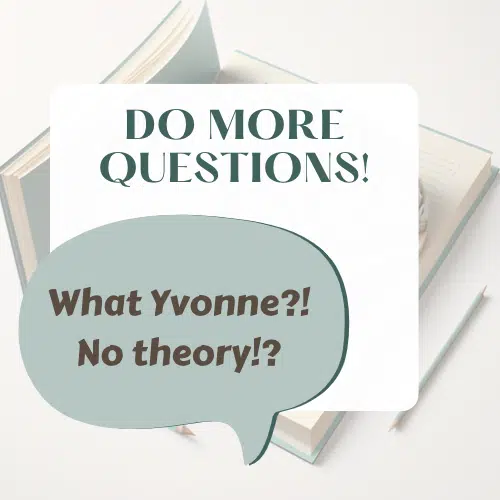
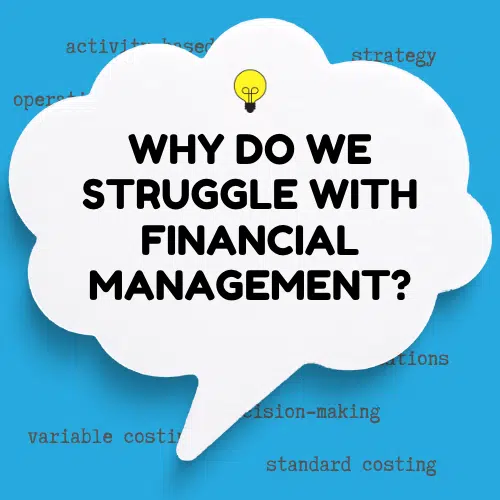



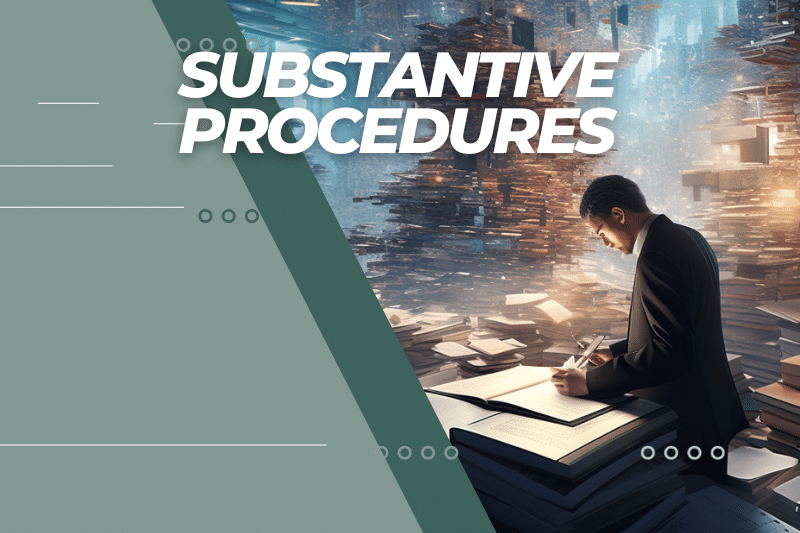

8 Comments
I think this will help me as i am a repeater but i keep wanting to focus on the theory and not going through enough questions.
I don’t know how many times I’ve heard this and somehow I did not put it into practice until last year. It’s the necessary change for passing and yet fear reverts you back to the theory method. It really works, got a qualification last year. Thank you very much for the tips.
Thanks so much for all of your articles. I am in CTA 2 and really enjoy reading them 🙂
Thanks so much for this article. I realized that I waste so much time studying the textbook when it comes to auditing; and most of the time what I try to study I don’t even comprehend. I’m writing my Auditing exam in about a month’s time, and I’ve started studying using questions. When I’m stuck, I go to the particular section on the textbook that the question relates to, study it comprehensively, and thereafter tackle the question. It’s working so far, so I thank you so much. Found a new study technique for auditing finally! 😀
Thank you. You saved me.
Thank you for this article… I’m sitting here, feeling so overwhelmed by all this work I need to do. “Learning how to use the information” changed my life hehe… Currently doing my CTA..
This is definitely gonna be my saving grace! Thank you
How I am kicking myself for discovering this now only. There’s two weeks left before my exam and I am looking at all my study material and wondering where to start.
However I’m glad I came across this article today. I’m taking your advice and I’m going to try what you tell your students.
Your words of encouragement.. absolutely awesome. Thank you